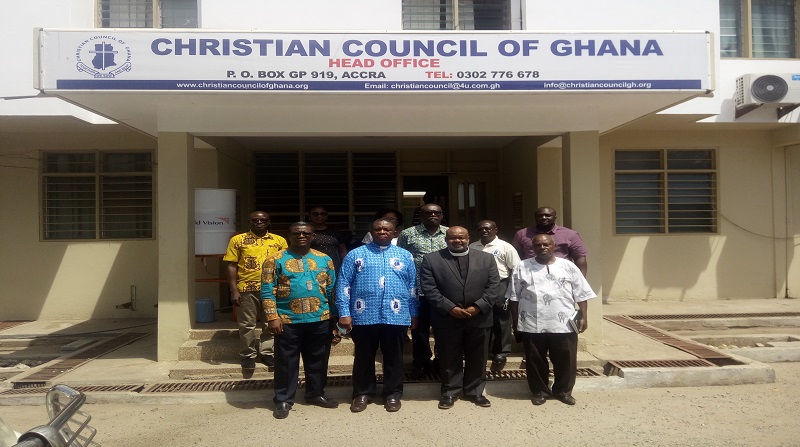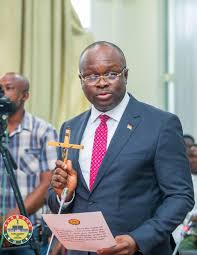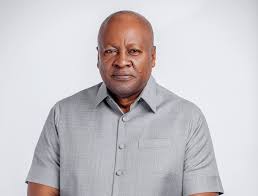Christian Council Calls on Lawmakers to Refrain from Supporting Controversial Clergy

The Chairman of the Christian Council of Ghana, Rt Rev Dr Hillard Dela Dogbe, has called on Members of Parliament to refrain from associating with unregistered and self-proclaimed religious leaders. He warned that such public endorsements can lend undeserved legitimacy to these individuals and ultimately damage the credibility of the broader Christian community.
Dr Dogbe made the appeal on May 20, 2025, during a meeting with the Parliamentary Select Committee on Chieftaincy, Cultural and Religious Affairs at the Council’s headquarters in Accra. The engagement was part of the committee’s ongoing familiarisation tour of institutions falling under its jurisdiction.
Addressing the delegation, Dr Dogbe emphasized that while the Christian Council maintains clear membership requirements for affiliated churches, it lacks the legal authority to oversee religious leaders who operate independently or outside its framework. He expressed concern over the increasing influence of self-styled pastors who are not subject to any form of theological or ethical accountability.
“These unregulated pastors present a growing challenge,” Dr Dogbe noted. “Their activities often mislead the public, and when political figures associate with them, it creates the dangerous illusion of official recognition or endorsement.”
He urged parliamentarians to be more discerning in their engagements with religious leaders and to avoid legitimizing individuals who do not represent the values or integrity expected of spiritual leadership. “When lawmakers align themselves with such figures, it sends a misleading message that these individuals are institutionally supported,” he added.
The issue of rogue pastors and unregistered churches has sparked ongoing public debate in Ghana, with many citizens and religious organizations expressing concern over the lack of oversight. Some have even advocated for legislation to bring greater structure and accountability to the religious landscape. Despite this, Dr Dogbe favored an approach rooted in community-led reform rather than government interference.
“I believe self-regulation is key. The religious community must take responsibility for its own,” he stated. “At the same time, public officials must exercise caution and good judgment in their public associations.”
The Christian Council’s meeting with the parliamentary committee was one of several stops in the ongoing tour. During an earlier visit to the Ministry of Local Government, Minister Ahmed Ibrahim highlighted unresolved chieftaincy disputes as a major national concern. He stressed that the government was actively working to address these issues, pointing out that the committee’s composition was designed to reflect impartiality. According to Ibrahim, placing the committee’s chairmanship in the hands of an opposition member was a deliberate move to avoid partisan influence in traditional matters.
The tour also took the committee to the Ministry of Tourism, Culture, and Creative Arts, where sector Minister Dzifa Abla Gomashie emphasized the importance of national identity. She encouraged Ghanaians to embrace and celebrate the country’s unique cultural heritage, citing traditional food, fashion, and customs as sources of national pride.
In response to the concerns raised during the visits, the Chairman of the Parliamentary Select Committee, Mr Fred Kyei Asamoah, commended the various institutions for their work and pledged the committee’s commitment to addressing the issues brought to light. He assured stakeholders that the committee would take a proactive stance in developing practical solutions and fostering collaborative efforts.
As debates over the regulation of religious activity continue, Dr Dogbe’s remarks serve as a timely reminder of the need for both internal accountability within faith communities and discretion among public officials. His appeal highlights the delicate balance between freedom of religion and the societal responsibility to uphold ethical leadership and public trust.








Hello,
Saw “Rescue”, possibly misspelled. Quickly checking with spellingreport.com could confirm.
Best regards,
Peter